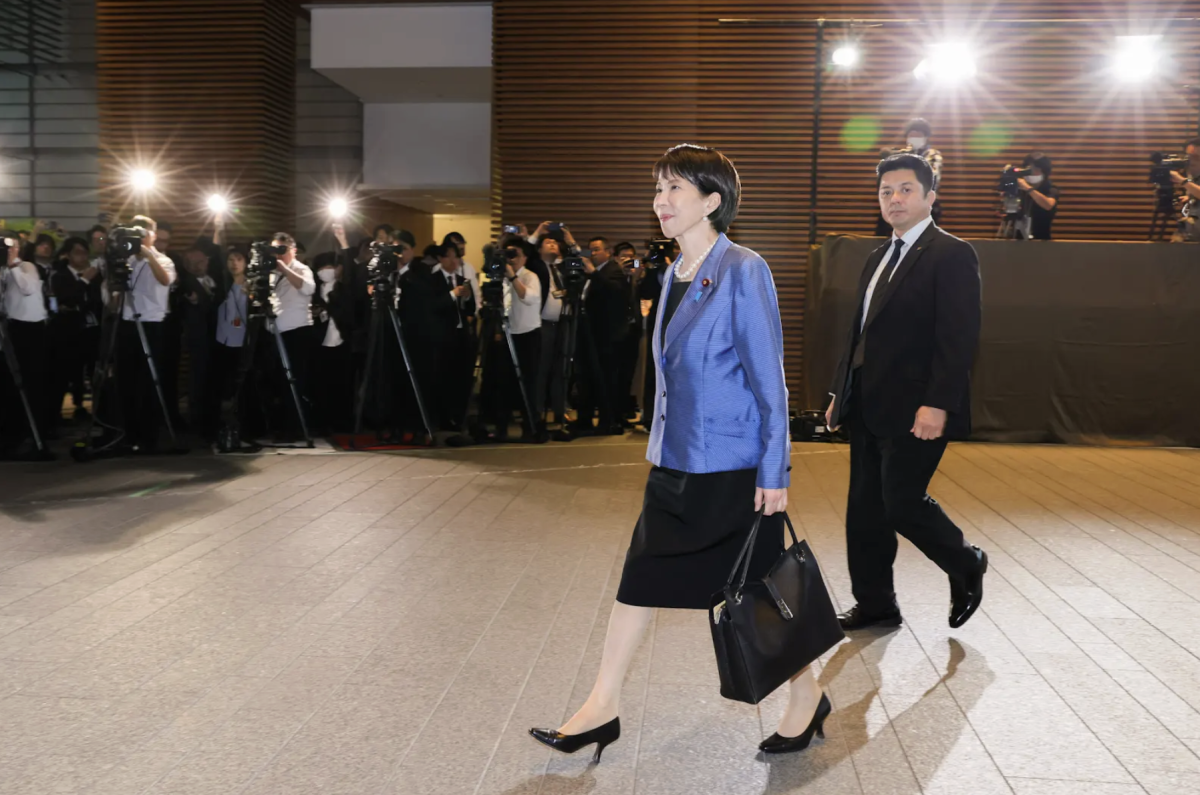Revocation, termination, deportation. In the era of the Trump administration, what should international students know about visa safety during these uncertain times?
Every year, hundreds of thousands aim to acquire a United States student visa. However, the Trump administration’s proliferation of student visa terminations has brought the status of international students into unprecedented scrutiny, with arrests and deportation becoming increasingly prevalent.
Most of the targeted students are studying in the United States under the F-1 visa, which allows the entry of noncitizens as full-time students at accredited educational institutions, and the J-1 visa, which authorizes the participation of students, teachers, researchers, and other specialists in approved programs for studying, conducting research, or receiving training. Certain criteria, including proficiency in English, ICE (Immigration and Customs Enforcement) approval, and adequate economic means to be self-sufficient, are necessary to qualify for the F-1 and J-1 visas.
According to The State News, student visas have been revoked in past years primarily due to failure to comply with visa program rules or grades that fall short of a sufficient academic standing point. However, more recently, additional reasons for students losing their legal status have arisen, such as the discovery of new derogatory information, national security concerns, and association with activities such as participation in protests or activism. Under this new policy, The Los Angeles Times reported that at least 1,220 international students’ visa records have been terminated. Further, several universities have advised their international students to limit their overseas travel. Many are fearful that if they leave, they may not be able to come back.
To gain a deeper understanding of the current situation, Hanabi and What’s the Dealio interviewed Ramy Ghaly, a consultant at PEN America’s digital safety and free expression team. Ghaly has extensive experience supporting journalists to report safely as a safety advisor and security consultant for nonprofits and media organizations. He was able to provide insight into the status of international students in the United States and how they can navigate visa safety in this period of heightened scrutiny.
Regarding the ability of universities to support students who face unexpected visa revocations or threats of deportation, Ghaly indicated that the extent to which they can offer aid depends on a number of variables. For example, when dealing with legal lawsuits, having significant funding can provide universities with the ability to stand their ground. However, other factors, such as the university board’s desired external perception and its political affiliation, also impact responses to threats. Each academic institution responds differently depending on the patience and perseverance it is able to maintain; some schools have offered little resistance to the Trump administration, whereas others aim to preserve university principles.
When asked about direct advice for international students, Ghaly emphasized finding a balance of protecting oneself and advocating for one’s rights when dealing with the threat of visa revocation. Not every day has to be a tiresome fight–it is essential to be cognizant of changing circumstances and remain prudent when choosing to speak up. If students strongly desire to raise their voices, anonymity is always a safe option, should the risk be too great.
As for United States citizens seeking to ameliorate the situation, Ghaly stated that students can work on the local level to strengthen the school community, improving its capability to provide aid. Ghaly stressed the need for solidarity with international students in these trying times and expressed his sincere hope for college communities across the United States to protect their international students.
With schools both yielding to administration pressure and standing firm, aiming to comprehend the whirlpool of current issues as an international student in the United States may be disquieting. But Ghaly encourages students to stay hopeful. Ever since the founding of the United States, innumerable hardships have been endured, from fighting for independence to the abolition of racial segregation. Each time, society has been able to triumph over adversity. With adequate awareness and collective efforts, the tensions regarding international students too can be alleviated.
When looking to remain strong amidst visa revocation and deportation threats, be assured that change is possible. And every step along the way, there are people by your side who will be there with you and for you.







